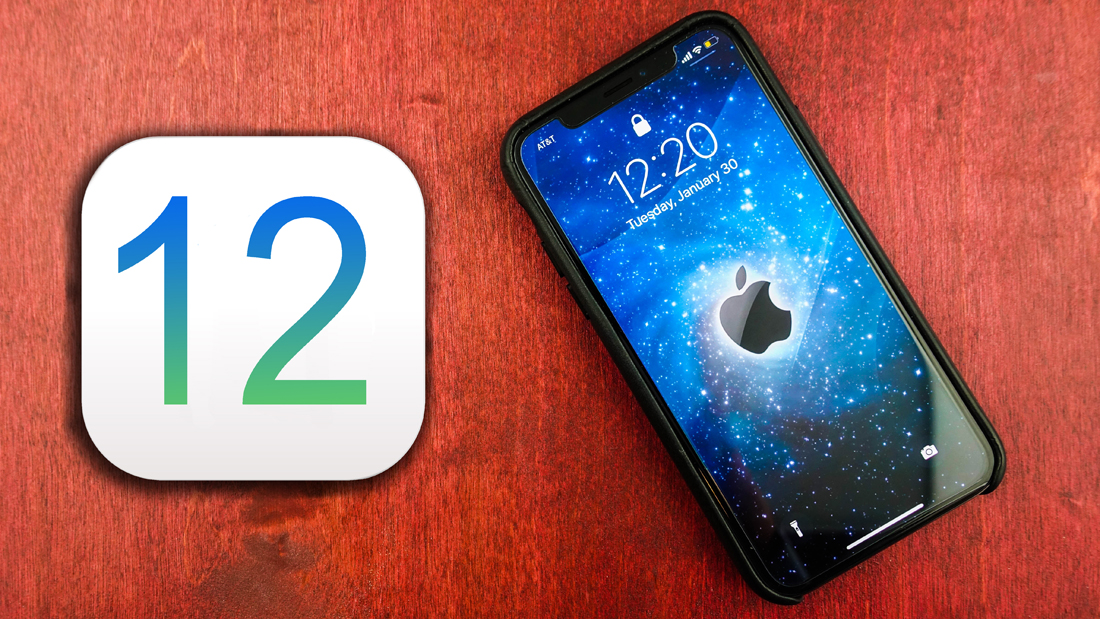Why it matters: Apple's ability to get its latest mobile OS onto as many devices as possible as quickly as possible is once again on display, further highlighting Android's troubling and sustained fragmentation problem that nobody seems to care about.

iOS 12 shed its beta designation on Monday when Apple released its new mobile operating system into the wild. The promise of improved performance on dated hardware is tough to resist although data thus far shows that Apple device users are taking a reserved approach compared to previous years.
According to the latest data compiled by analytics firm Mixpanel, iOS 12 is installed on 12.27 percent of Apple devices. iOS 11’s share, as a result, has fallen from 89.96 percent on Monday to 79.86 percent on Thursday. Devices running iOS 10 or older account for just 7.87 percent of devices in the wild.
As MacRumors highlights, iOS 11 adoption hit 10 percent just 24 hours after launching. In 2016, iOS 10 made its way to 14.45 percent of devices after the first day.
For comparison, the latest version of Google’s mobile operating system, 9.0 Pie, launched on August 6, 2018, and has less than 0.1 percent distribution as of September 12. Oreo, which dropped in August 2017, is installed on just 14.6 percent of Android devices while 2016’s Nougat is found on 30.8 percent of devices.
iOS 12 is available for iPhone 5s and newer, iPad mini 2 and later and the sixth generation iPod Touch. To install it, navigate to Settings -> General -> Software Update.
Lead image via TechRadar
https://www.techspot.com/news/76540-ios-12-installed-more-than-12-percent-devices.html